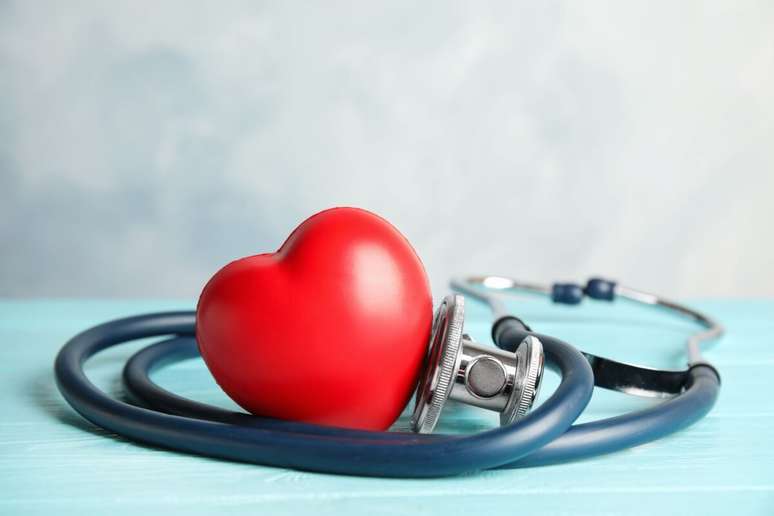The symptom can be directly connected to the type of feed and the way the body reacts to certain stimuli
Feeling the heart that accelerates immediately after a meal may seem strange, but it happens. According to the cardiologist Dr. Lívia Sant’Ana, acting in the areas of nucleology and supplementary medicine, this symptom can be directly linked to the type of diet and the way the body reacts to certain stimuli.
“The acceleration of the heartbeat after eating, also called postprandial tachycardia, can have different causes. In many cases, it is related to glucose peaks, response to digestive stress or even the consumption of stimulating substances such as caffeine,” he explains.
Below, take a look at 4 factors that can cause tachycardia after meals!
1. Simple carbohydrates
According to Dr. Lívia Sant’Ana, the excess carbohydrates Simple, such as sugar, white bread, pasta and desserts, is one of the main triggering factors for tachycardia after meals. “When we eat a meal of carbohydrates that absorb quickly, the body releases a large amount of insulin. This can lead to a sudden drop of blood sugar immediately after the initial peak, generating reactive hypoglycaemia so much. In response, the body releases adrenaline, which can cause accelerated heart, tremors and even anxiety.
2. Caffeine and energy drinks
Another factor that can cause tachycardia is the consumption of caffeine or energy drinks with the meal. “Caffeine stimulates the sympathetic nervous system and increases adrenaline production. In more sensitive people, even a cup of coffee can be enough to trigger palpitations or tachycardia, especially if associated with a full or unbalanced diet,” says Dr. Lívia Sant’Ana.
3. Abdominal distension
The doctor also underlines that abdominal distension, caused by very voluminous meals or foods that cause fermentation intestinal, It can contribute to the symptom. “The pressure generated in the abdomen can interfere with the function of the vagus nerve, which regulates the heartbeat. This explains why sometimes eating too much or very quickly can generate discomfort and cardiac sensation shot,” he explains.

4. Hormonal imbalances and pre -existing conditions
According to Dr. Lívia Sant’Ana, hormonal imbalances or pre -existing conditions, such as insulin resistance, thyroid dysfunctions and anxiety, must also be considered. “It is not uncommon for women to transition hormonal transition, for example, or patients with chronic stress, have more sensitivity to these changes. The key is in looking at the patient as a whole – not only for the isolated heart,” he says.
Warning signals
Although many causes are benign, Dr. Lívia Sant’Ana stresses that there are signs of warning that deserve attention. “If the feeling of tachycardia is frequent, intense or is provided with dizzinessthoracic pain, lack of breath or fainting, it is essential to look for a medical evaluation. In some cases, the symptom can reveal arrhythmias or cardiac dysfunctions that must be treated “, warns.
Habits to prevent an increase in heart rate
Finally, the cardiologist says that the balanced diet can be a great ally in the prevention of these episodes. “Avoid very large meals, reducing the consumption of simple carbohydrates and caffeine and bets on foods rich in fiber, proteins and good fats can make the difference. Furthermore, eating calmly and chewing well are simple habits that help the regulation of digestion and, consequently, the response to the heart”, concludes.
By Daiane Bombarda
Source: Terra
Ben Stock is a lifestyle journalist and author at Gossipify. He writes about topics such as health, wellness, travel, food and home decor. He provides practical advice and inspiration to improve well-being, keeps readers up to date with latest lifestyle news and trends, known for his engaging writing style, in-depth analysis and unique perspectives.







